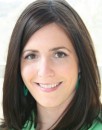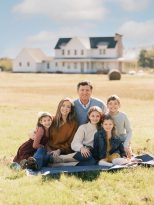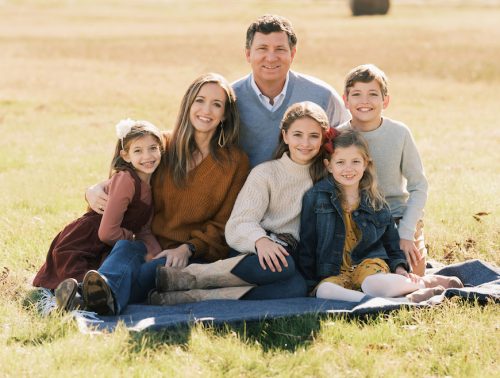
By Christina Capecchi
I’ve been following the press around the most anticipated biography of the year: “Elon Musk” by Walter Isaacson. I’m interested in the controversial innovator and also the author’s writing process, which involved shadowing Musk for two years.
Isaacson, an acclaimed journalist, gained surprising access to Musk, sitting in on high-profile meetings and negotiations, studying the billionaire in real-time as he made headlines and profits and mistakes.
One of the author’s central talking points, articulated again and again in the press circuit, resonated with me: We have become a nation with more referees and fewer risktakers. In our
beginning, in our glory days, the scales were tilted toward risktakers. These are the people who founded countries and churches, companies and movements.
By contrast, Isaacson says, modern culture is largely defined by referees. These are the folks who sit on the sidelines and offer commentary. They criticize, cancel and correct the risktakers – often from the comfort of their couch, through anonymous online profiles.
I’ve been reflecting on this claim through a Catholic lens. The prophets, the early Church fathers, the saints – it certainly holds true in religion. The people with the strongest convictions didn’t think twice about taking risks. They were compelled by an undeniable drive.
The Catholics I most admire today take risks for their families, spurred by their faith. They see the perils and pitfalls of modern secular life and they dare to build something different.

That’s what Karen and Tully Wyatt did. By any measure, the Catholic parents of four had the perfect life. They had built their dream home on a shady cul-de-sac in a coveted school district.
But Karen, now 41, a realtor and Beautycounter executive director, felt a stirring in her heart. She yearned for rural life.
Most days, she dismissed it. “It seemed like a retirement dream – or maybe it was just a dream altogether,” she said. “There were too many unknowns, so many moving pieces that seemed impossible to fall into place. But my heart kept longing. We’d search Zillow and daydream.”
In the fall of 2020, they visited friends in a small Kansas town. “We loved every minute – small- town values and a slower pace of life,” Karen said.
She and Tully were convinced a smaller town would serve them well. Their hunt began around the same time they began homeschooling. Something new felt possible.
They found a Catholic hybrid school on a 100-acre farm and fell in love.
“Our oldest was 11, and if we wanted her to feel like she grew up in the country, we needed to make the move soon,” Karen said.
The Wyatts now live on 52 sprawling acres set down a winding country road – complete with cows, chickens, a donkey, a horse and a big, fenced-in garden. Their ranch is an hour from
downtown Dallas.
“Our new life feels worlds away, a turn-back-time lifestyle mostly spent outdoors with very little screentime,” said Karen, a member of St. William Catholic Church in Greenville, Texas. “Days pass slower. We spend hours on the porch watching the most beautiful orange sunsets. Another blessing is the satisfaction we’ve found in physical labor – working in the garden with our hands, feeding our chicken and cattle, building fences and chicken coops. Our children approach their chores with a heart of joy rather than obligation.”
Karen shares her country life on Instagram (@thewyattfarm) and urges others to consider a similar move – even on a small patch of land – to embrace a slower live steeped in Catholic
values.
“We’ve learned that, when you feel peace to follow the Lord’s plan, He provides for every need,” she said. “Placing our lives under his direction and literally taking a leap of faith was the best feeling we’ve known. The rewards have been tenfold. Our marriage, our children, our daily life all reflect his hand guiding us toward goodness.”
—
Christina Capecchi is a freelance writer from Inver Grove Heights, Minn.






















